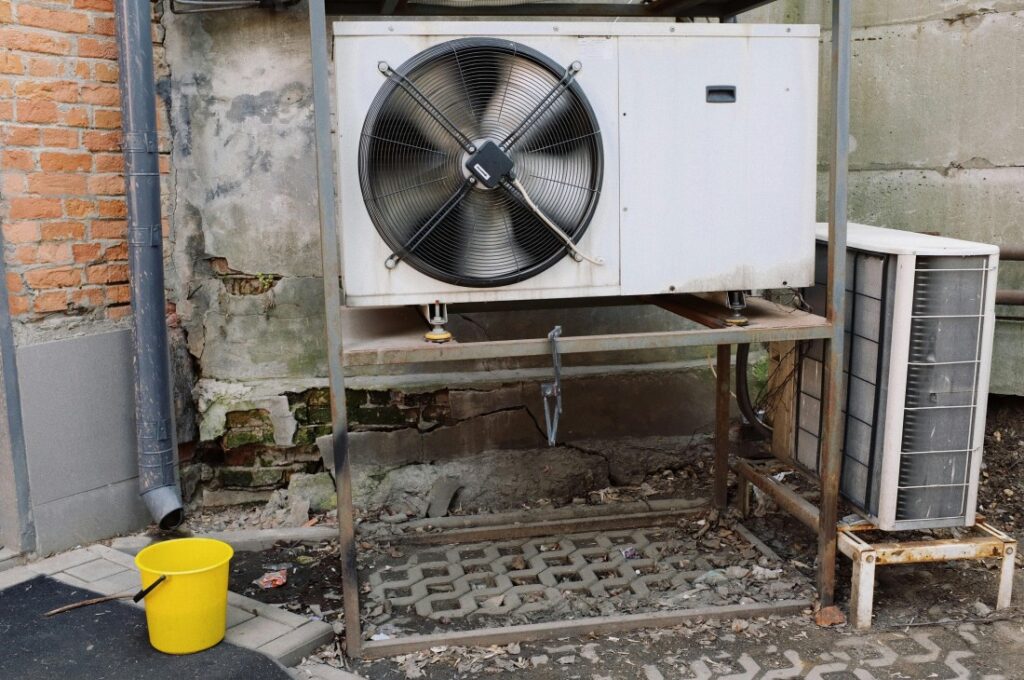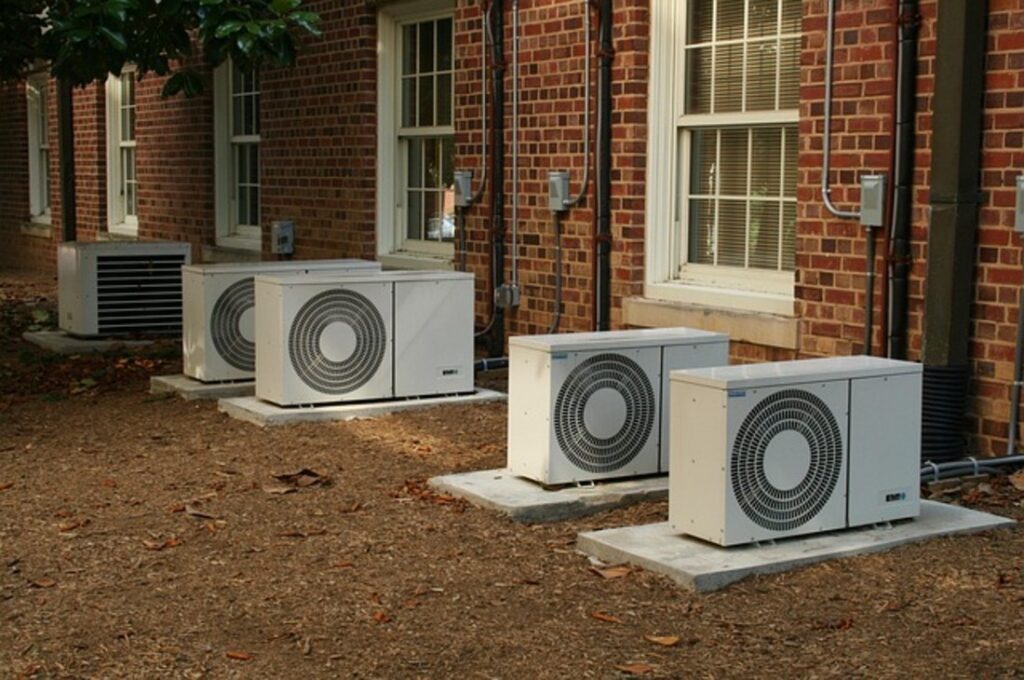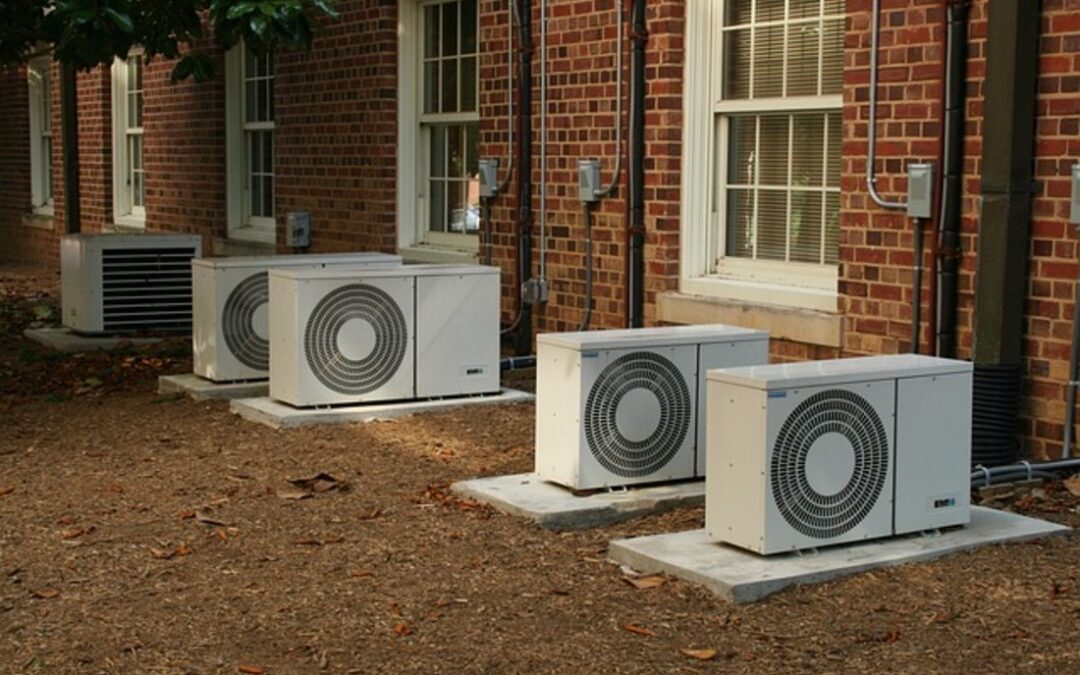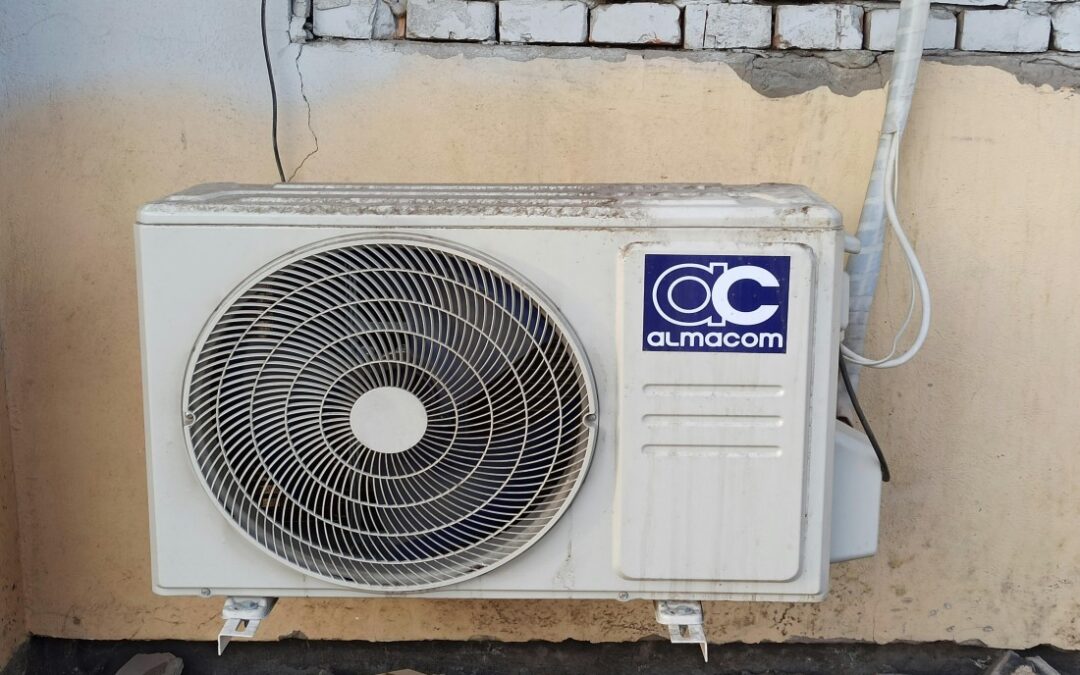Is Your Air Conditioner Whispering for Help? A Belton Homeowner’s Guide to Staying Cool
There’s a special kind of silence that falls over a house in a Belton summer when the air conditioner suddenly cuts out. It’s not a peaceful quiet. It’s a heavy, anxious silence, broken only by the faint, desperate whir of a ceiling fan trying its best. You feel it immediately—that sticky, suffocating heat that seems to rise right up from the clay soil our town is built on. It’s more than an inconvenience; it’s a full-blown household emergency.
If you’re reading this, chances are you’re in that exact situation, frantically Googling for answers while trying to keep your cool. First thing first: take a deep breath. You’re not alone. Every single summer, countless homeowners across Bell County find themselves in the same sweaty boat. The good news is that understanding what’s happening inside that metal box outside your window is the first step toward solving the problem. This isn’t just about repair; it’s about decoding the messages your AC is sending you before they become full-blown cries for help.

Learning to Listen: The Language of a Struggling AC Unit
Your air conditioner is a pretty chatty appliance. It’s constantly giving you feedback on its health through sounds, sensations, and sights. The trick is learning its language. Ignoring these signs is like ignoring a check engine light; it might be fine for a little while, but eventually, that small issue will lead to a catastrophic and expensive failure.
Let’s break down the most common dialects of AC distress:
1. The Tale of the Lukewarm Breeze
One common complaint is: The fan is running, air is coming out of the vents, but it just isn’t cool. The feeling… is ambivalent. Among the myriad causes can be the simple and the serious.
- The Simple Fix: Air filter should be the first suspect. A filter clogged with dust, pollen, and pet hair is like forcing the system to breathe through a wet blanket-it restricts airflow and causes the evaporator coil to freeze solid. When that occurs, no air passes over the cold coil, and you get room-temperature air blowing through your house. And it gets better: You can admit defeat, yet get to keep your wallet. It’s a five-minute, twenty-dollar fix, a matter of two screws even a child can manage.
- The More Serious Suspects: Maybe it’s refrigerant leakage. Refrigerant is the blood of your AC-it’s the stuff that actually absorbs the heat from your home’s air. If it’s leaking out, there’s not enough left to do the job. Professional needs to find the leak, repair it, and recharge the system to exact specifications. Another one that may be trying to deceive you is the compressor, which is the heart of the outdoor unit. This is a major repair, but catching it early can sometimes save it.
2. The Symphony of Strange Noises
Your AC should have a consistent, relatively quiet hum. Any new, unusual noise is a red flag.
- Screeching or Squealing: This high-pitched sound is often the soundtrack of a failing motor. Specifically, it usually points to a bad bearing in the blower motor (indoors) or the condenser fan motor (outdoors). The bearing needs lubrication or, more likely, the entire motor needs replacement.
- Grinding: This is a more ominous, low-frequency metal-on-metal sound. It’s the sound of something eating itself alive from the inside. Turn the unit off immediately. This often indicates a serious internal failure in the compressor.
- Banging or Clattering: This could be something as simple as a twig or a loose piece of debris that got tossed into the fan blades in the outdoor unit. Or, it could be something much more serious, like a connecting rod that’s broken loose inside the compressor. It’s best to shut the power off and call a pro to investigate.
3. The “Uh-Oh, Why Is It Wet?!” Mystery
A little dampness around your indoor AC unit? Usually, that’s no big deal—just condensation doing its thing. But if you’ve discovered a new mini-lake forming on your floor, that’s your AC waving a little red flag.
That Annoying Drip or Puddle: Nine times out of ten, this means your condensate drain line is throwing a tantrum. See, your AC doesn’t just cool your air—it also pulls loads of moisture out of it. All that water should happily drain away through a dedicated pipe. But over months (or let’s be honest, years), gunk like algae, mold, and general sludge builds up in there. Eventually, it clogs. And just like a clogged sink, the water has to go somewhere—usually all over your floor. The good news? This is super common. Most HVAC pros have a special tool that can clear that clog in no time, and it’s usually a pretty easy fix.
The Oily Residue (This One’s Tricky): Now, if you see an oily film around the pipes or connections on your unit, that’s a different story. Refrigerant can leave a slick residue when it leaks. This isn’t a DIY situation—you’ll need to call in a pro right away. Refrigerant isn’t something to mess with; it requires special handling and expertise.
4. Is Your AC Having a Nervous Breakdown? (The Short-Cycling Saga)

Does it feel like your AC can’t make up its mind? Turning on for just a minute or two, shutting off, then jumping right back on again? We call this “short-cycling,” and honestly, it’s exhausting—for both you and your AC.
Think of it like this: constantly turning your car’s engine on and off during a short drive. It’s stressful, wasteful, and terrible for the engine. In your AC, the compressor takes the hardest hit, and this kind of treatment can dramatically shorten its life.
So why does it happen? A few usual suspects:
It Might Be Too Powerful for Your Home: If your AC feels like it is cooling in a matter of minutes, then the big unit is oversized with the capacity to chill the air before it could finish the whole cycle of moisture removal. Basically, it reaches down to the thermostat temperature setting and shuts off before it could complete a cycle or remove moisture.
Your Thermostat Is Giving You a Mess: It might tell your air con the wrong story of the house temperature, and there is no reason exactly for switching it on and off if it is sitting in sunshine, covered with a layer of dust, or just being old and inaccurate.
It Could Be Low on Refrigerant: Low refrigerant levels cause a drop in pressure in the system, and this causes it to overheat and limit itself from running prematurely as a very serious safety protection. In the event that it starts going again, you are stuck in this awful service again.
An Ounce of Prevention: How to Avoid the Summer Meltdown
Let’s be real—nobody wants to make that emergency repair call. A little bit of simple, proactive love can save you a mountain of stress and a wallet-full of cash down the road.
Fall in Love with Your Air Filter: Seriously. This is the simplest and most powerful thing you can do. A clean filter is like giving your AC a fresh breath of air. A clogged one makes it struggle, reduces efficiency, and can even cause bigger problems. Set a reminder on your phone right now to check it every month and change it every 1-3 months. You won’t regret it.
Clear the Vibe Around Your Outdoor Unit: Take a quick peek at your outdoor condenser. Is it surrounded by overgrown bushes, weeds, or a pile of autumn leaves you never quite cleaned up? Your AC needs to breathe. Give it some space—at least two feet of clearance on all sides—so air can flow freely around it.
Treat it to a Check-Up: You take your car in for an oil change. Your AC deserves the same courtesy. An annual professional tune-up in the spring is an investment in peace of mind. A good technician will clean the coils, check refrigerant levels, tighten electrical connections, and spot those tiny, cheap-to-fix issues long before they turn into a sweltering weekend disaster.
Finding a technician you can trust is the final, and most important, piece of the puzzle. You want someone who will be straight with you, show you what’s wrong, and talk you through your options—not just hand you a surprisingly large bill.
If your AC is starting to whisper (or shout) that something’s wrong, don’t ignore it. Getting it looked at early is always easier and cheaper than waiting for a full breakdown. For folks here in Belton, reaching out to a local team that gets our specific climate challenges—like the folks at Lockey Heating and Air—is a great first step toward getting your cool, comfortable calm back.

How Seasonal Changes Affect Your AC and What You Can Do
How Seasonal Changes Affect Your AC and What You Can DoDo you know that seasonal changes can...

Energy-Saving Tips for Your HVAC System
Energy-Saving Tips for Your HVAC SystemAre you planning to install HVAC system, but concerned...

Top 5 Signs Your HVAC System Needs Maintenance ASAP
Top 5 Signs Your HVAC System Needs Maintenance ASAP Is Your HVAC System Trying to Tell You...

What Are The Common HVAC Problems and How to Fix Them
What Are The Common HVAC Problemsand How to Fix ThemWould you like to keep your home or office...

Warm Cuddle: Navigating the World of Heating Systems and Repairs
Warm Cuddle: Navigating the World of Heating Systems and Repairs How frequently do we pause for a...
